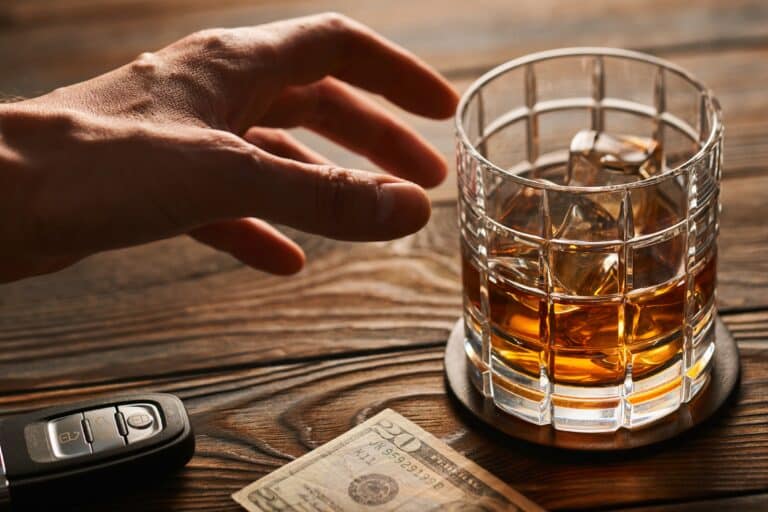
What is the legal BAC Limit? – Guest Post
The legal blood alcohol concentration (BAC) limit is 0.08%. If you blow higher than 0.08% on a breathalyzer— or 0.02% for drivers younger than 21—you’re considered legally drunk and can be prosecuted. Before you get behind the wheel after even one drink, you should know the drunk driving laws and

Recent Comments